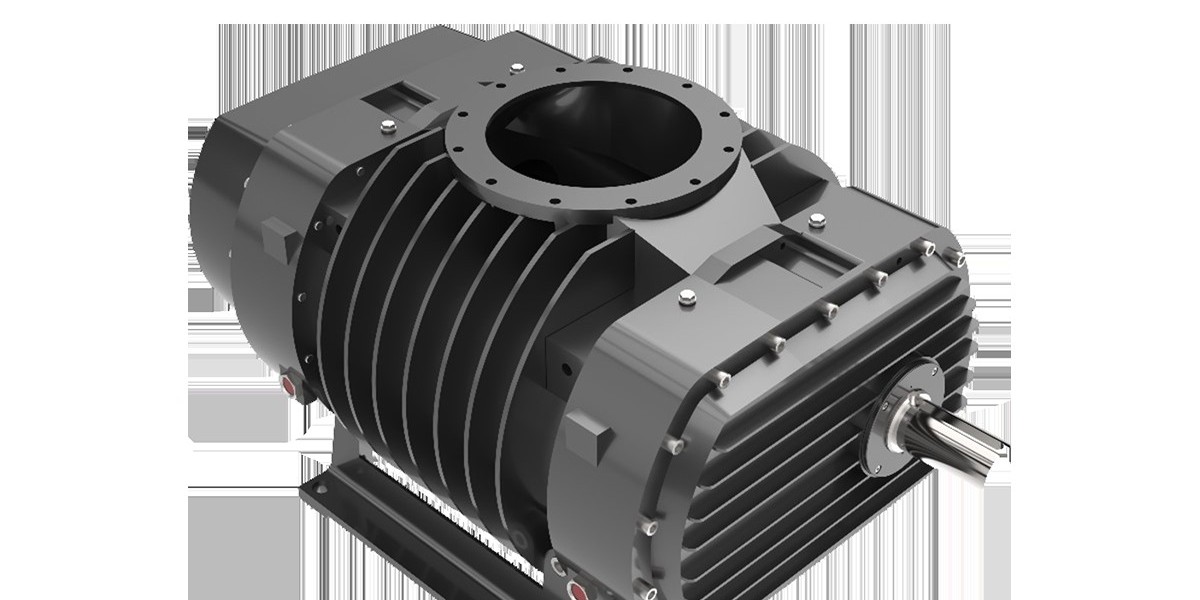Introduction:
When it comes to ensuring the efficiency and longevity of industrial equipment, especially in applications that rely on air handling and pneumatic systems, the role of a twin lobe blower manufacturer cannot be overstated. A twin lobe blower, often referred to as a "Roots blower," is essential in various industries, including wastewater treatment, pneumatic conveying, and aeration. However, just like any mechanical system, maintaining its efficiency requires more than just routine servicing. One key factor that can significantly affect performance is the filtration system. Proper filtration helps maintain airflow, reduce wear and tear, and ultimately ensure that the blower continues to operate at its best.
The Twin Lobe Blower System: Understanding Its Mechanics
Twin lobe blowers are designed to move air or gas through a pipeline by creating a vacuum and a pressurized flow. These blowers use two lobes that rotate in opposite directions, creating a positive displacement of air that drives systems requiring consistent airflow.
The rotor lobes are the heart of the blower, and their efficiency is heavily dependent on the quality of air entering the system. Any contamination or debris entering the blower can lead to friction, damage to internal parts, and reduced operational efficiency. This is where filtration plays a pivotal role.
The Role of Filtration in Enhancing Efficiency
1. Protecting Internal Components:
The filtration system in a twin lobe blower helps to prevent solid particles, dust, and other contaminants from entering the machine. Contaminants can quickly damage delicate internal components such as the rotors and stators. Over time, the build-up of debris can lead to severe wear, causing the system to work harder, which ultimately decreases efficiency. A well-maintained filter helps avoid unnecessary repairs and downtime, extending the blower’s lifespan.
2. Ensuring Optimal Airflow:
Twin lobe blowers rely on the intake of air for smooth operation. If the air intake is clogged or restricted due to poor filtration, the blower will struggle to generate the required pressure or vacuum. This inefficiency can lead to reduced performance, increased energy consumption, and excessive wear. Proper filtration ensures that only clean, debris-free air enters the system, allowing the blower to perform optimally.
3. Energy Efficiency:
A blower that operates with restricted airflow needs to work harder, consuming more energy to achieve the desired output. Poor filtration can cause the system to overheat or work inefficiently, leading to increased operational costs. Clean air, facilitated by high-quality filters, ensures that the twin lobe blower uses less energy to maintain the same performance levels, making it more energy-efficient and cost-effective.
4. Reducing Maintenance and Repair Costs:
By investing in proper filtration and regular maintenance, industries can save substantial amounts on repairs and replacements. Clean air reduces the frequency of internal breakdowns, lowers the need for costly repairs, and minimizes the risk of early component failure. Regular filter changes and air quality checks ensure that your twin lobe blower is running efficiently, thus lowering long-term operating costs.
Types of Filters Used in Twin Lobe Blowers
There are various types of filtration systems that can be utilized to keep a twin lobe blower running smoothly. Each system has its specific benefits depending on the application and the type of contaminants typically encountered.
1. Cartridge Filters:
These filters are typically used for finer filtration and are effective at trapping smaller particles. Cartridge filters can be used in industrial settings to filter out fine dust or particulate matter from the air before it enters the blower.
2. Bag Filters:
Bag filters are often used in larger blower systems, as they can handle high volumes of air. They are especially useful for trapping larger debris that could otherwise clog the system.
3. HEPA Filters:
For applications requiring high-quality air purity, HEPA (High-Efficiency Particulate Air) filters are employed. These filters trap 99.97% of airborne particles and are ideal in industries such as pharmaceuticals or food production, where air cleanliness is crucial.
4. Activated Carbon Filters:
In applications where odors or chemical vapors are present, activated carbon filters can be used to remove these contaminants. This ensures that only clean, breathable air enters the blower.
Benefits of Regular Filtration Maintenance
To maintain the efficiency of your twin lobe blower, regular maintenance and timely filter replacements are critical. Some benefits of regular filtration maintenance include:
1. Improved System Longevity:
Regularly replacing and cleaning filters ensures that the internal components of the twin lobe blower remain free from contaminants, reducing the wear and tear on parts like rotors and bearings.
2. Higher Efficiency:
By ensuring that air is filtered correctly, your blower operates at its optimal efficiency, maintaining the desired airflow and pressure levels.
3. Decreased Downtime:
With properly functioning filters, the risk of unexpected breakdowns due to air contamination is minimized, leading to less downtime and higher productivity.
4. Cost Savings:
By preventing the buildup of debris and contamination, industries can avoid costly repairs, extend the lifespan of their equipment, and reduce energy consumption. This leads to significant cost savings over time.
Conclusion: Prioritize Filtration for Long-Term Efficiency
The importance of proper filtration in maintaining the efficiency of twin lobe blowers cannot be overlooked. A clean, efficient air intake system is vital for ensuring that the blower operates at peak performance. Proper filtration not only protects the internal components from damage but also improves energy efficiency, reduces maintenance costs, and extends the overall lifespan of the blower. As a twin lobe blower manufacturer, we understand the critical role that filtration plays in enhancing blower performance. Prioritizing the right filters and regular maintenance can save industries both time and money, ensuring that their twin lobe blowers operate smoothly for years to come.






